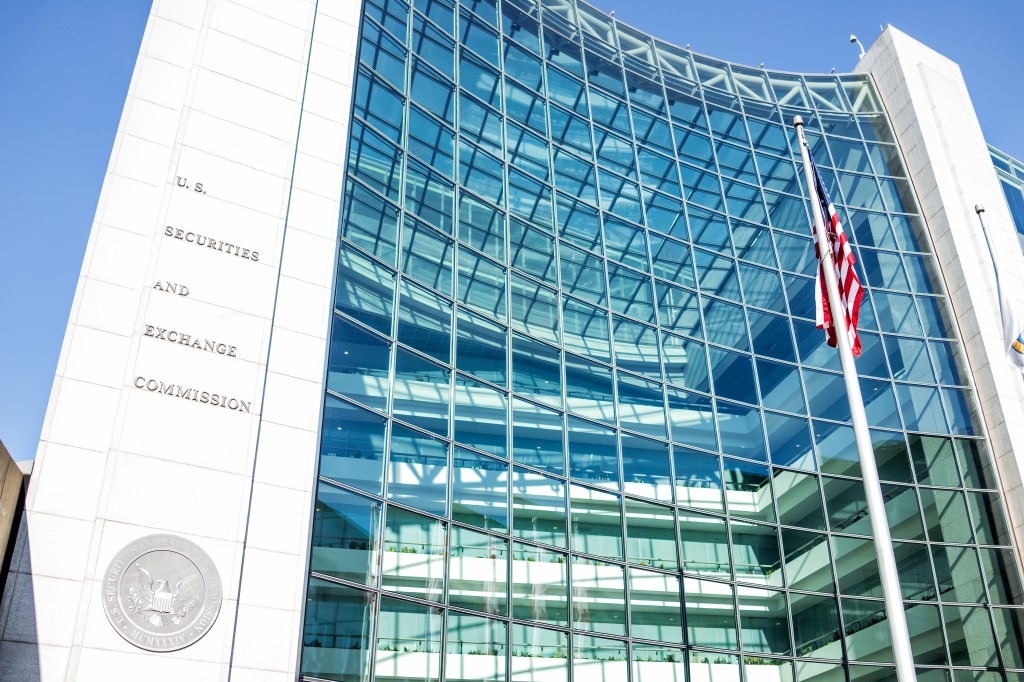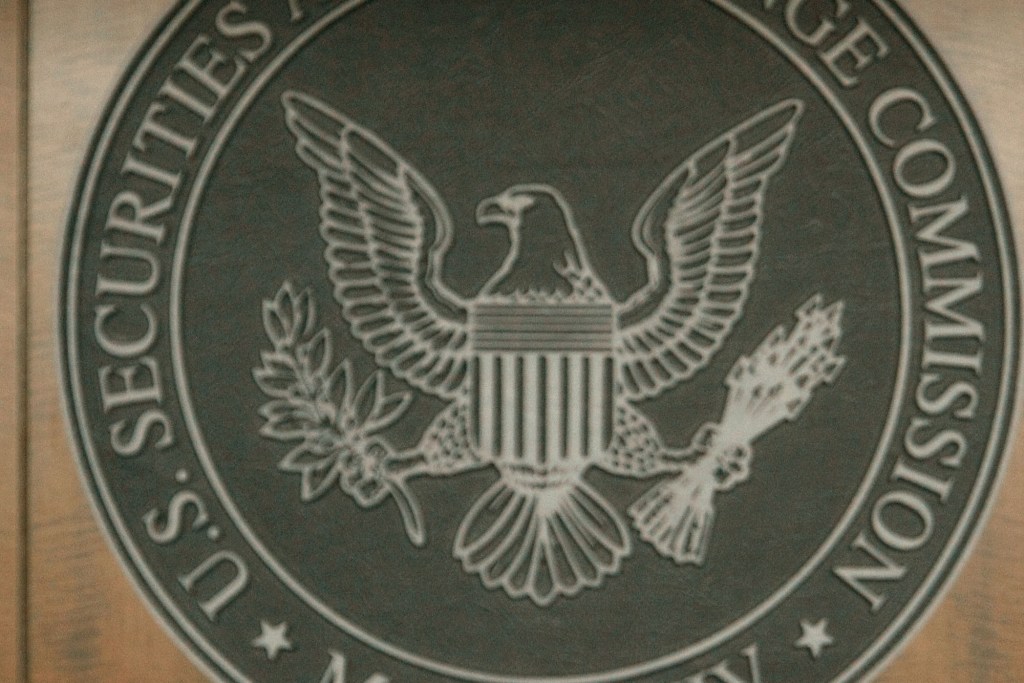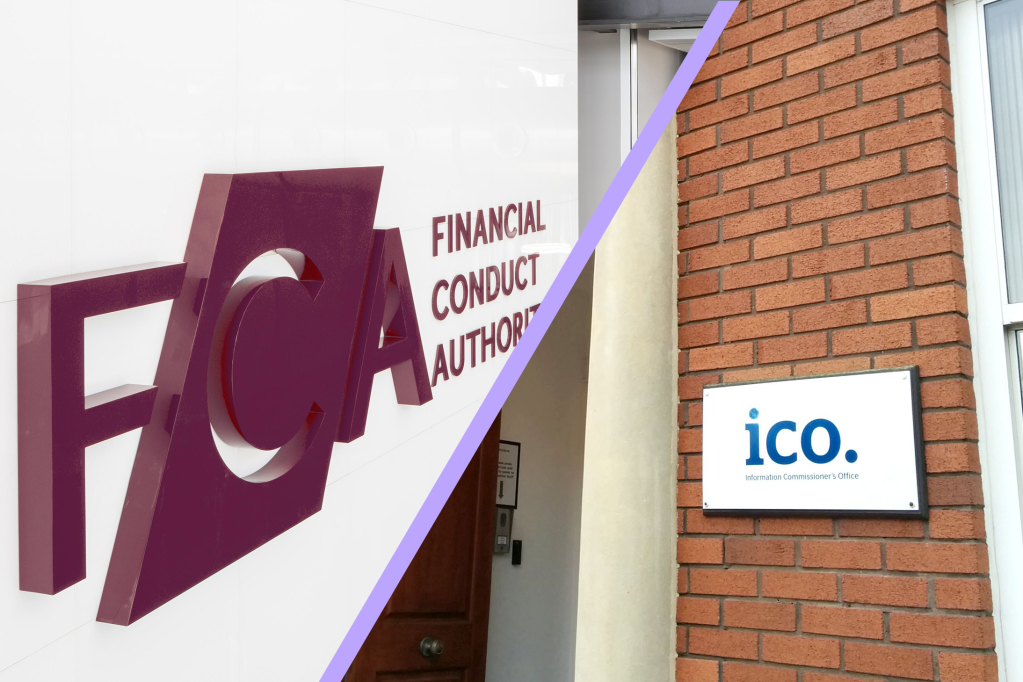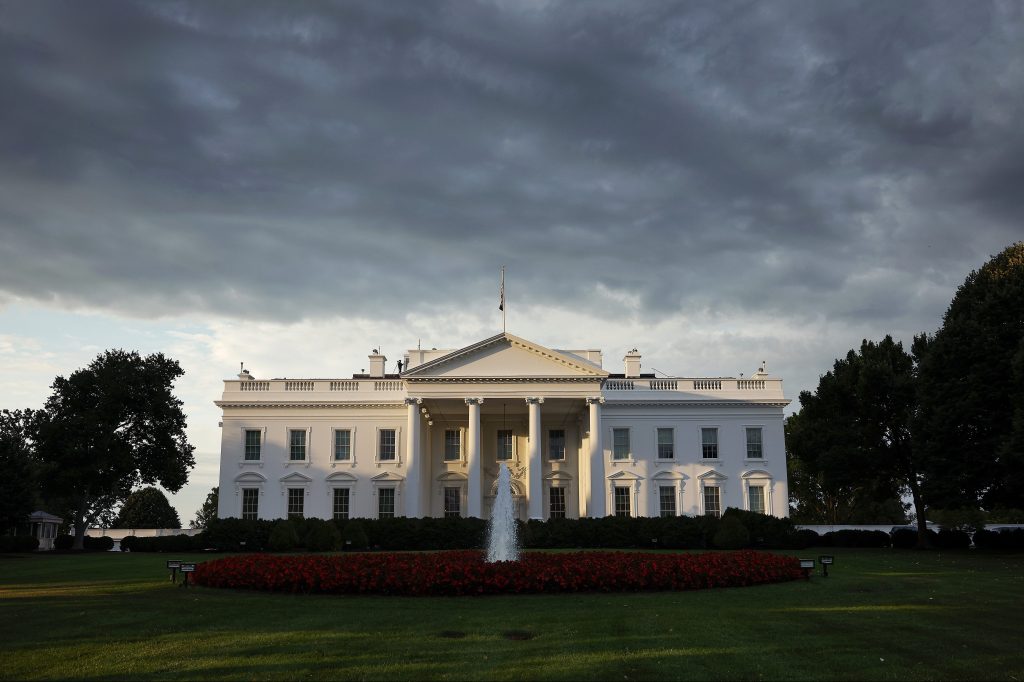Former chair of the Federal Reserve, Janet Yellen, was the latest person to liken the FTX collapse in November to the Lehman Brothers bankruptcy that triggered the 2008-09 financial crisis. “I have been sceptical, and I remain quite sceptical,” she said. “I think everything we’ve lived through over the last couple of weeks, but earlier as well, says this is an industry that really needs to have adequate regulation. And it doesn’t”.
The Commodity Futures Trading Commission (CFTC) Commissioner Christy Goldsmith Romero delivered a speech at the Asia Derivatives Conference in Singapore yesterday, proposing two measures – a redefinition of retail customers and enhanced supervision of crypto exchanges.
But an industry insider told GRIP: “I don’t know why everybody is talking about more regulation. These entities were all regulated. Many were under New York licenses, especially BlockFi. FTX had an international business that was definitely regulated under various different jurisdictions, from Hong Kong to the Bahamas, to you name it: wherever their 130 companies were located. The SEC cannot act in this sporadic, ad-hoc, emotional way. It will be interesting to see how much involvement the SEC and the CFTC have had with FTX. Whether any donations, grants, or lobbying took place and how much of that funding was actually customers’ money at FTX”.
“I don’t know why everybody is talking about more regulation. These entities were all regulated. Many were under New York licenses, especially BlockFi.”
Janet Yellen, Former chair of the Federal Reserve
Media reactions have varied. “Instead of over-regulating or stamping out crypto, regulators should be guided by two principles,” wrote The Economist. “One is to ensure that theft and fraud are minimised, as with any financial activity. The other is to keep the mainstream financial system insulated from further crypto-ructions.”
Europe and MiCA II
In Europe, central banks have been fumbling. European Central Bank (ECB) President Christine Lagarde this week called regulation and supervision of crypto an “absolute necessity” for the European Union in the wake of the collapse of FTX. This would come in the form of the proposed Markets in Crypto Assets (MiCA) framework due for implementation in 2024.
The Financial Stability Board (FSB) for Europe met earlier this month to discuss different jurisdictions’ approaches. And last week, the Bank of England also stressed the need for UK regulation. At the same time, in both the UK and the Eurozone, efforts are being channelled into launching centrally controlled central bank digital currencies (CBDCs).
It remains to be seen in the coming months how regulation will evolve and how aligned different jurisdictions will be.













